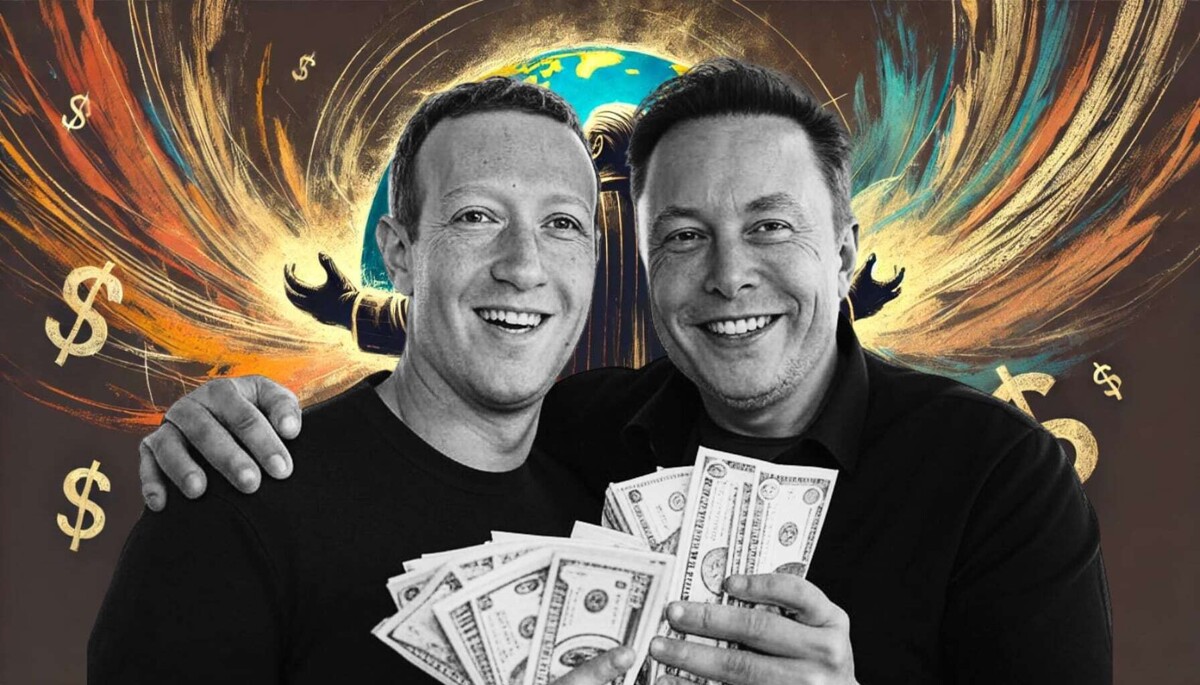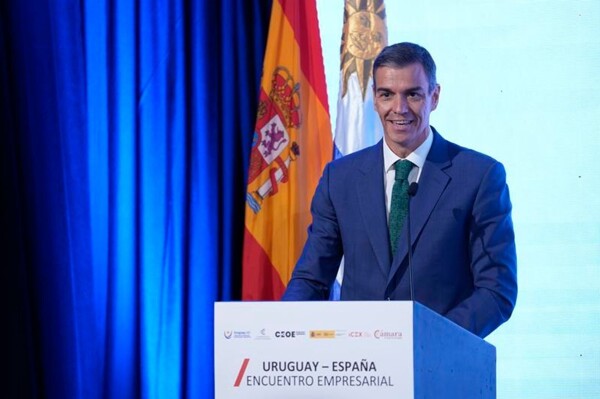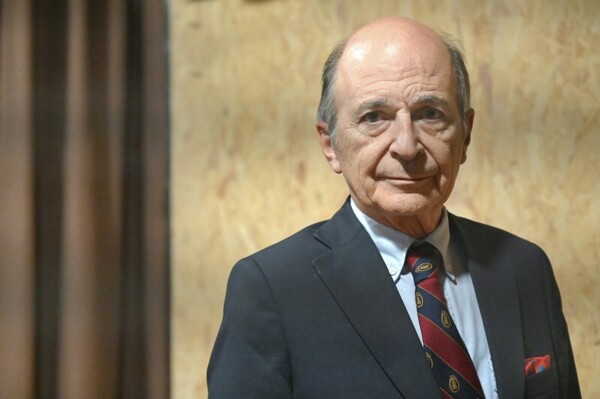
In the year 2024, billionaires experienced an unprecedented increase in their accumulation of wealth, reaching a total of 2 trillion dollars in just one year, according to a report by Oxfam Intermón presented at the World Economic Forum in Davos. This figure represents an increase of 5.7 billion dollars daily, tripling the growth rate of the previous period. Despite this phenomenal economic growth, global poverty has remained nearly unchanged for more than three decades, highlighting the growing gap between the richest and the rest of the population.
According to the report, during the last year, the number of billionaires rose from 2,565 to 2,769, adding 204 new members to this economic elite, meaning that almost four new billionaires emerged each week. It is projected that in the next decade, there could be at least five individuals whose individual fortunes exceed 1 billion dollars. On the other hand, the World Bank indicates that the number of people living on less than 6.85 dollars a day has not significantly decreased since 1990, evidencing the inability of current economic systems to ensure an equitable distribution of wealth.
Oxfam Intermón highlights that 60% of the wealth of billionaires comes from inheritances, clientelism, or monopolies of large corporations, questioning whether these fortunes are truly due to individual effort or to a system designed to perpetuate privileges. In countries like Spain, around 31% of billionaire wealth is inherited, and their combined wealth increased by more than 20% in 2024, exceeding 185 billion euros.
The report also highlights the impact of what is called "modern colonialism," where the flow of capital continues to favor the northern hemisphere at the expense of the global south. In 2023, the richest 1% of nations like the United States, the United Kingdom, and France extracted 30 million dollars per hour from developing economies. Furthermore, it is noted that middle and low-income nations allocate half of their public budgets to debt payments, prioritizing private creditors from cities like New York and London over investment in essential services like health and education.
Oxfam Intermón's proposals to address this staggering inequality include establishing higher taxes on large fortunes, eliminating tax havens, canceling public debts in developing countries, taxing inheritances and capital gains to curb the consolidation of a new economic elite, and reforms in the World Bank and the IMF to ensure equitable representation of global south countries in global economic decisions. Franc Cortada, director of Oxfam Intermón, emphasizes that "the global economy is being hijacked by a privileged elite that not only hoards wealth but also political and economic power."














